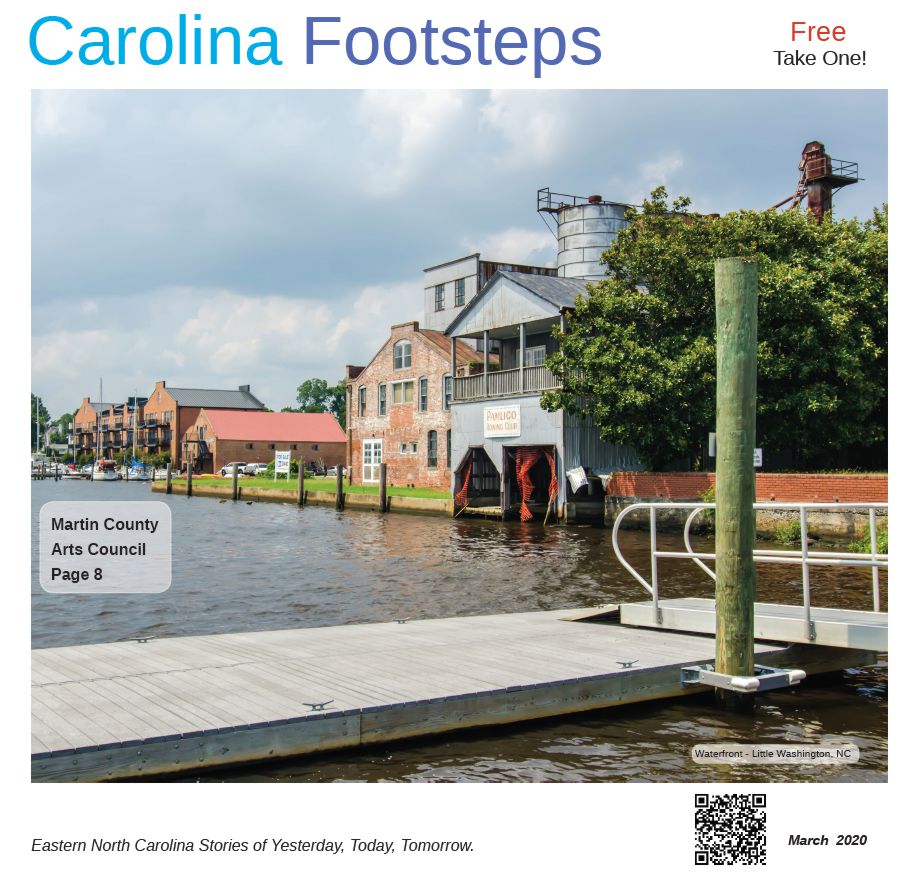Last time, I provided my background as a NYS and USDA field inspector. I literally watched and
regulated the manufacture of sausage, and other meat food products. Today, I’ll provide my cancer
survivor credentials. In 2005, I was diagnosed with a very aggressive prostate cancer, had a
prostatectomy and my cancer was rendered undetectable. In 2008, the cancer recurred. I moved to
Northeast North Carolina, my maternal roots, and at 67 years old, prepared myself to play
out the string.
After extensive research, I chose Johns Hopkins as my oncology provider, because of their thesis
that prostate cancer had a 90% dietary link. That way of thinking was right up my alley. In 2010, I
participated in muscadine grape skin clinical trials, phases one and two. Phase one’s intent was to
determine effectiveness, phase two was dosage. I remained in the study until 2014 when rising
prostate specific antigens ( PS A’s) required a different strategy.
The clinical trial informed me that if my cancer could be controlled by a grape that was indigenous to
my region, I was on the right path. From there, I began to look at local cancer fighting foods. To my
surprise, a number of Northeast North Carolina’s primary agriculture crops (specifically cruciferous)
are major cancer fighters.
That segue’s into the “Organic Capital of the World” initiative. Since my last article, I attended a
meeting with ECSU Chancellor Conway, Dr. Shirley Brown-CEO Northeastern Coalition for
Minority Small Farmers & Landowners, Archie Hart-State of North Carolina Small Farm Director,
Cliff Sutton- Agriculture Marketing Specialist, and Jacob Crandall- Conservation Outreach
Specialist. The agenda, among other things, included the possibility of developing sustainable
organic produce enterprises. Chancellor Conway mentioned an innovative farming method called “Spin Farming”.
Here’s what I found. Spin farming is a small scale, adaptable, locally based farming system that can
work on as little as an acre of land and relatively inexpensive to implement. I crunched the numbers
for two acres of certified organic land and organic cabbage. Two acres of land can yield 60,000 lbs of
organic cabbage and sells for about $1.00 per pound. Two harvest a year are possible.
Spin farming is an entrepreneurially driven system that fits perfectly with the “Organic Capital”
concept. Our Northeast North Carolina region is less than an hour away from a major seaport that
handles the largest ships in the world and can transport goods anywhere on the planet. Plans are
already approved for an interstate highway that connects our region to the national interstate
network. Commercial rail service is already available.
I envision a generation of young entrepreneurs, using the “Spin” model, making there own deals,
with customers anywhere in the world. We’ll be expanding on that.
Finally, many of my articles discus the toxicity of the U.S. and global food chain. The only way food
as medicine works, is if the food is clean, nutritious, and wholesome. In today’s world, that means
Certified Organic. So,unless you grow it yourself, or you know your farmer, you’re at risk.
While on the subject of risk, talcum powder joins the list of lead, asbestos, arsenic and other toxic
agents lobbied into the environment. Our risk based economy needs serious tweaking.
We need zero tolerance. Remember, you are what you eat.
To read more of Warren's articles, read back issues of the Albemarle Tradewinds - Click Here
Health and Nutrition Strategies For Cancer Survivors and Everybody Else --- by Warren Green
 Reviewed by kensunm
on
7:30:00 PM
Rating:
Reviewed by kensunm
on
7:30:00 PM
Rating:
 Reviewed by kensunm
on
7:30:00 PM
Rating:
Reviewed by kensunm
on
7:30:00 PM
Rating:









No comments: